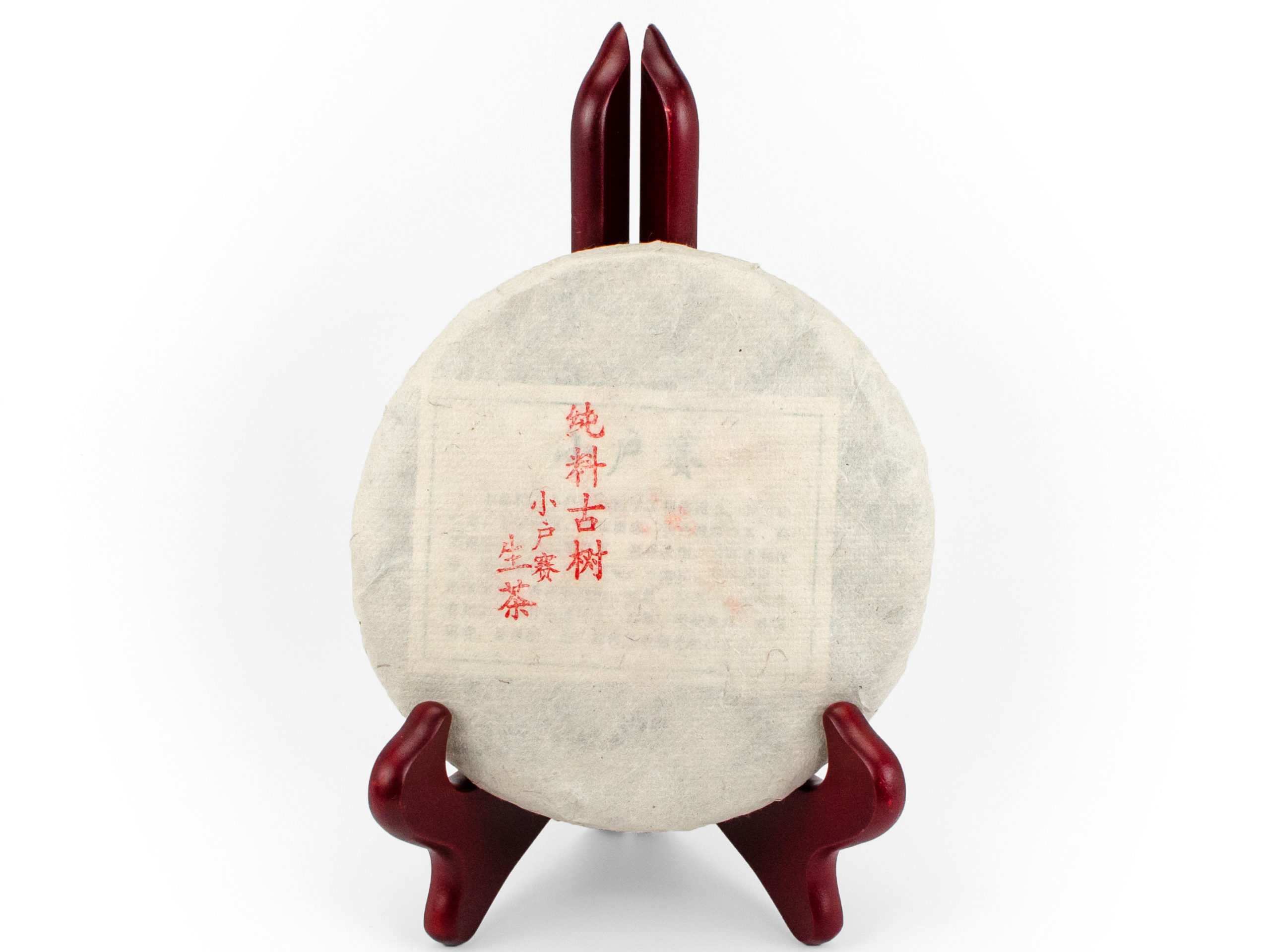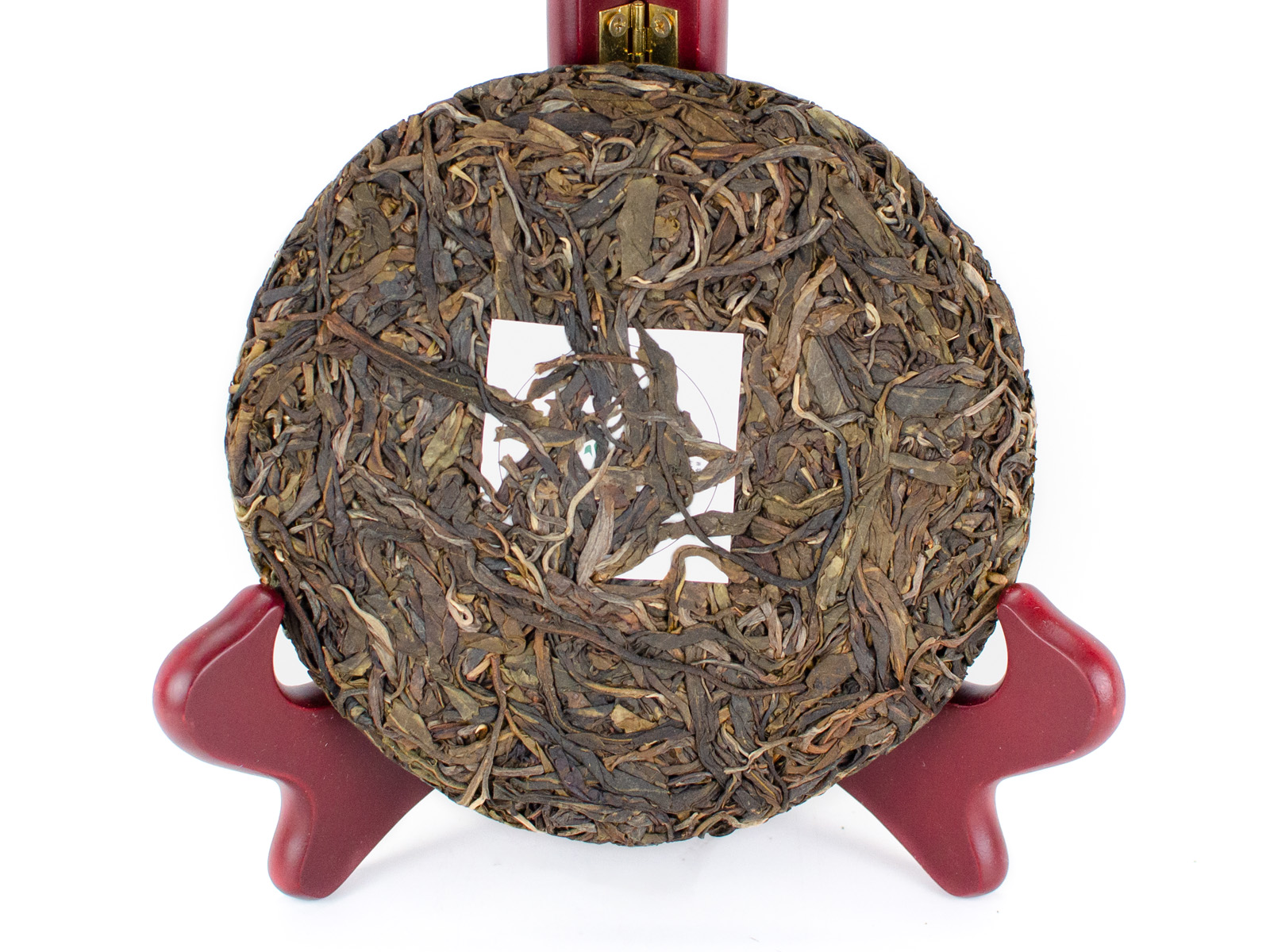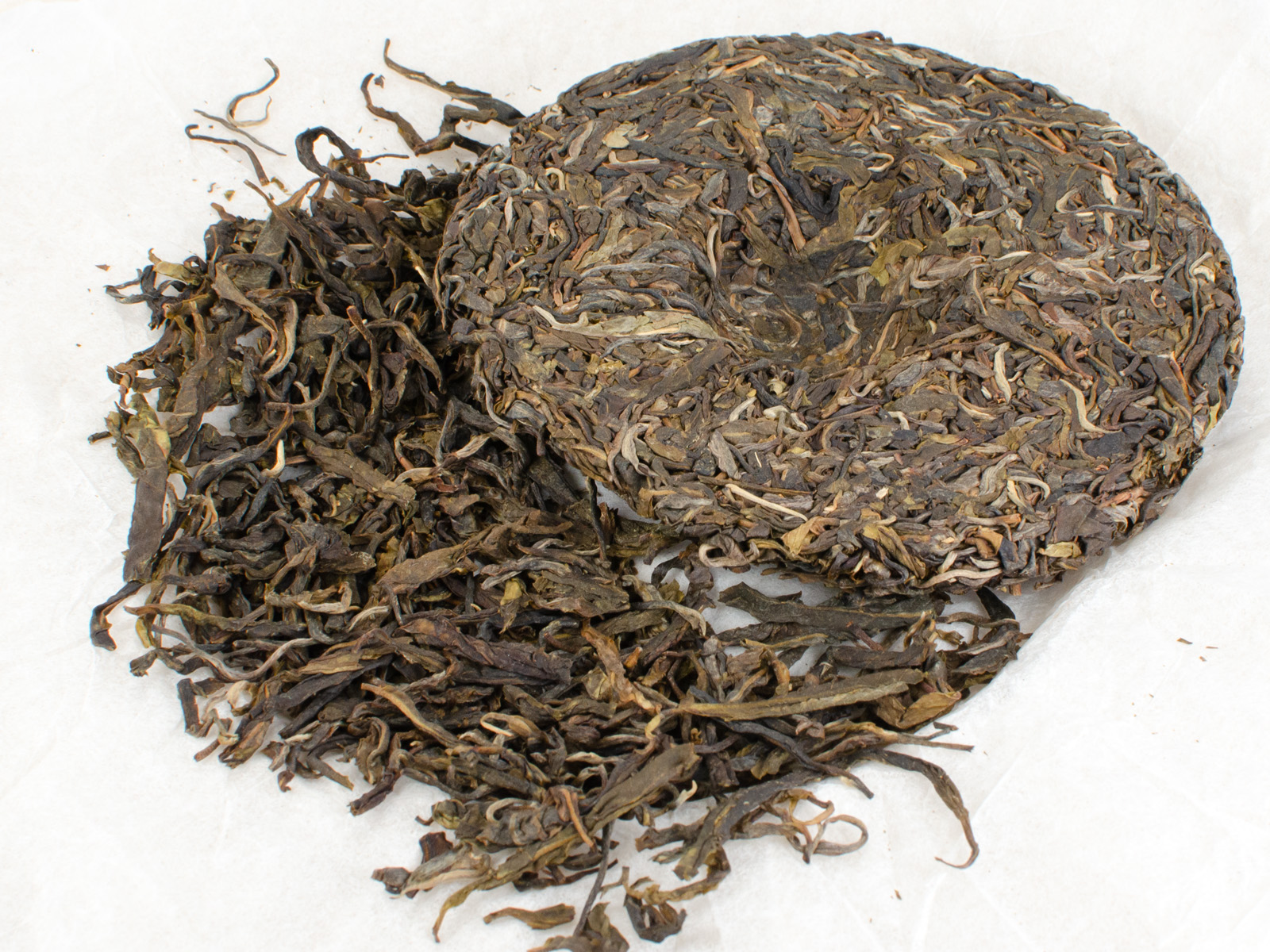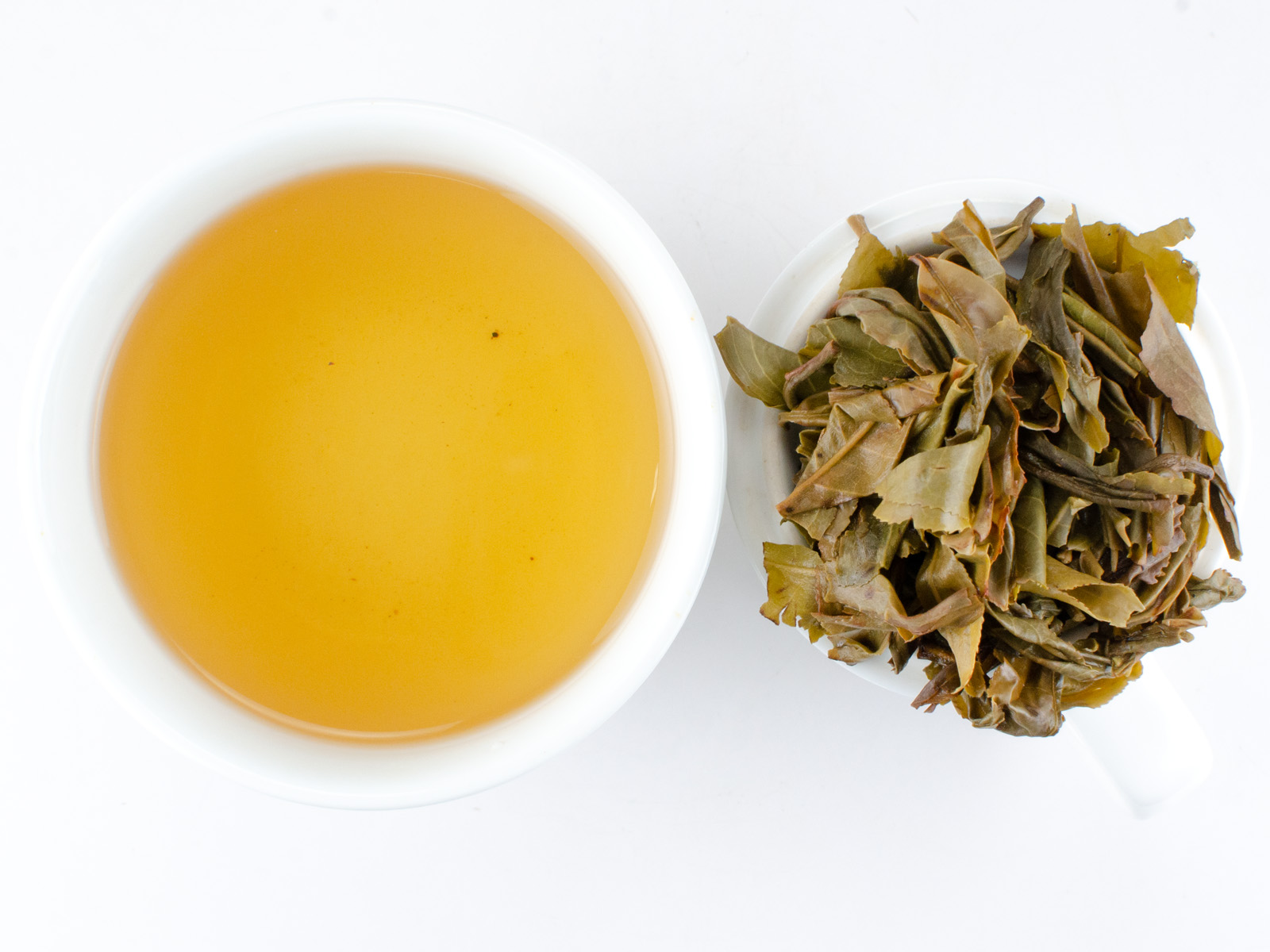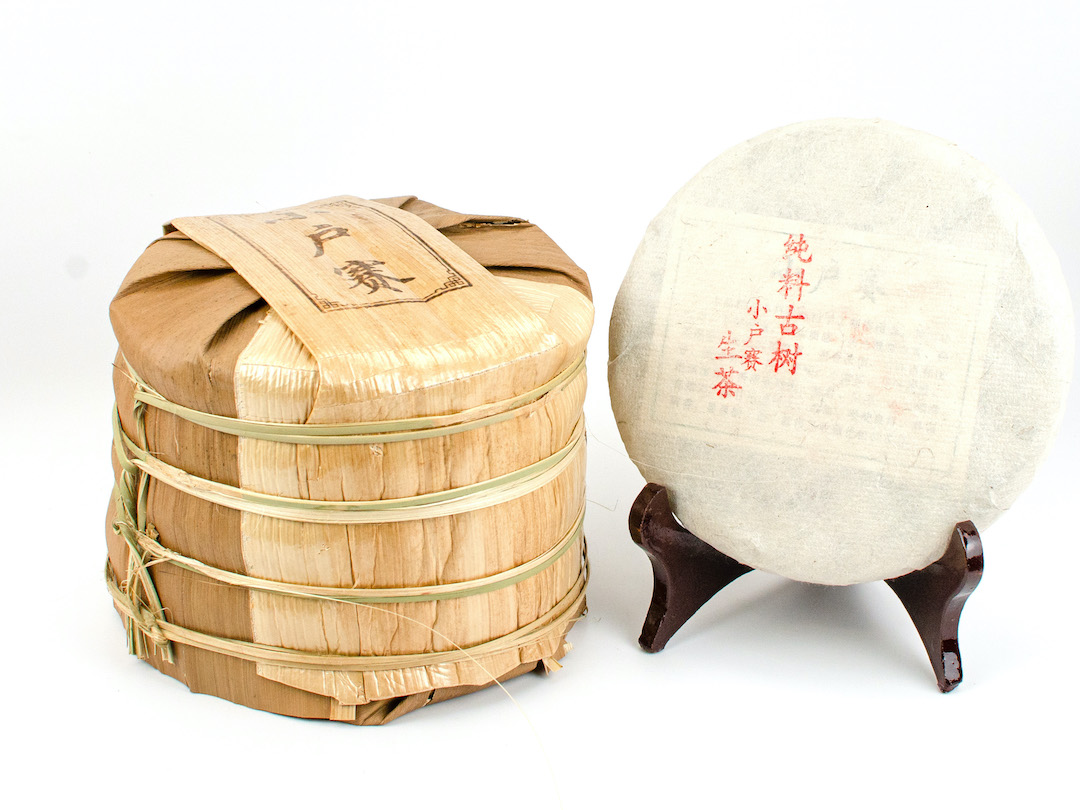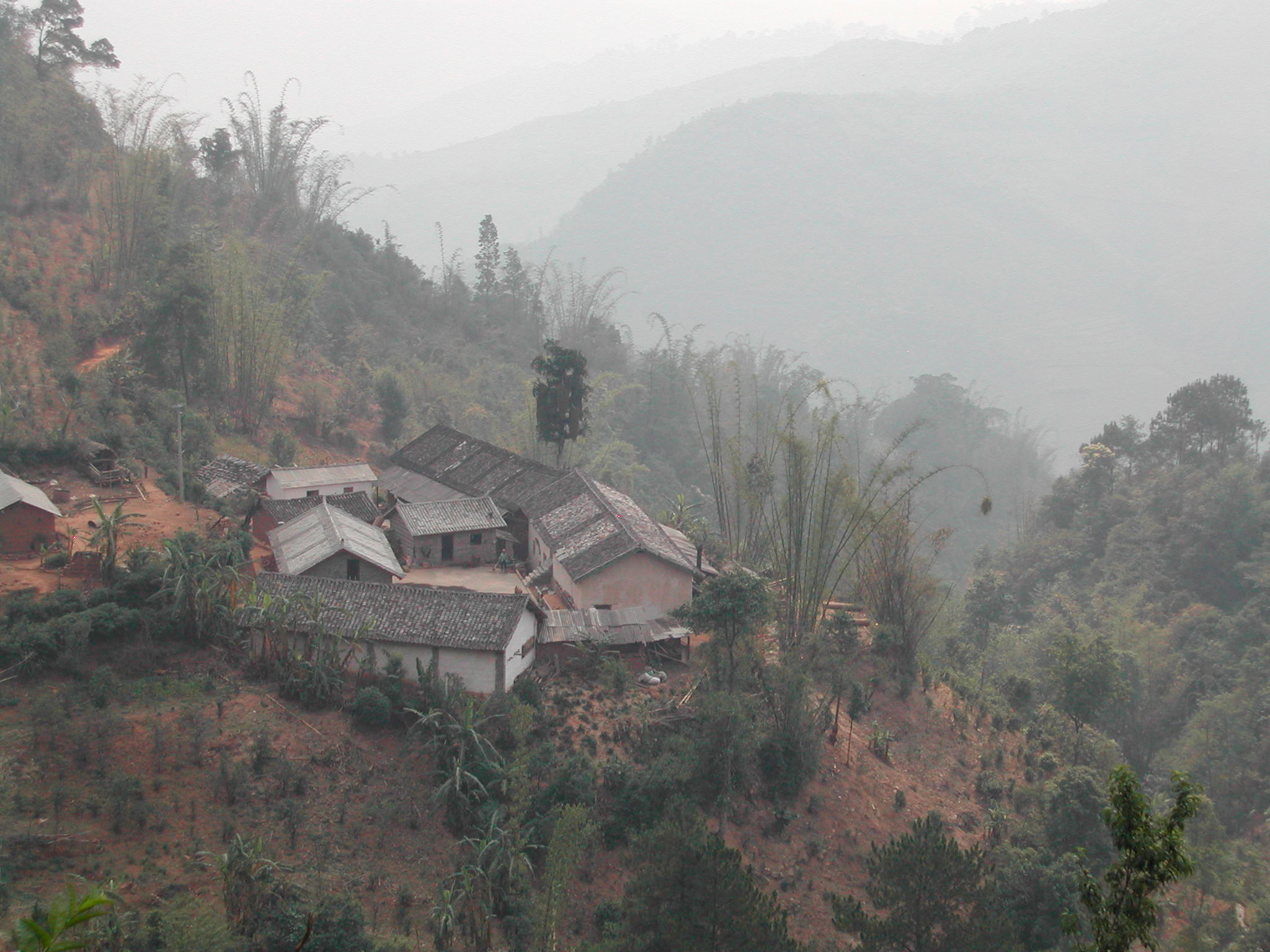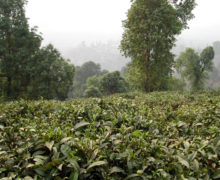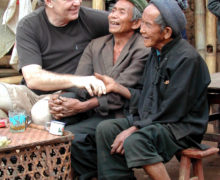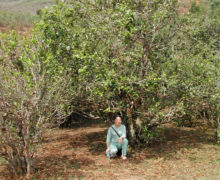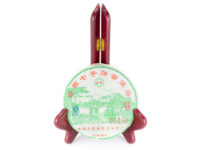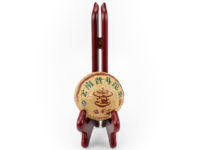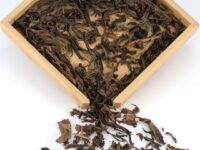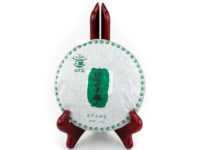Xiaohuzhai
Sheng Puer Cake 200g 2019
Xiaohuzhai is a traditional sheng puer made from old-growth forest tea trees surrounding the Mengku Township in Lincang. The brilliant yellow-gold liquor tastes fresh and crisp yet smooth, with a greener character like unripe plum or apple skin and woody aromatics of bamboo and clay.
Available at a discount when you buy a full stack of 5 cakes (details below).
$168.00
1 in stock
- Tea Origin
- Mengku Township, Shuangjiang County, Lincang City, Yunnan Province, China
- Tea Bush
- Yunnan Mengku Dayezhong (Yunnan Mengku Large Leaf Tea Tree)
- Tea Maker
- Gong Liping and Ran Yijun
- Harvest Time
- Early April
- Plucking Standard
- One bud, two leaves
A traditional sheng puer made from old-growth forest tea trees surrounding the Xiaohuzhai in the Mengku Township. The brilliant yellow-gold liquor tastes fresh and crisp but smooth, with a greener character like unripe plum or apple skin and woody aromatics of bamboo and clay. Its distinctive persistent flavor fully coats the mouth and has a lightly sweet finish that lingers in the throat. This puer has a well-developed floral character that lingers on the bottom of the cup accented with elegant notes of honey. Its initial astringency quickly vanishes, revealing a sweetness whose depth recalls its forest origins.
Origins in the most remote mountains
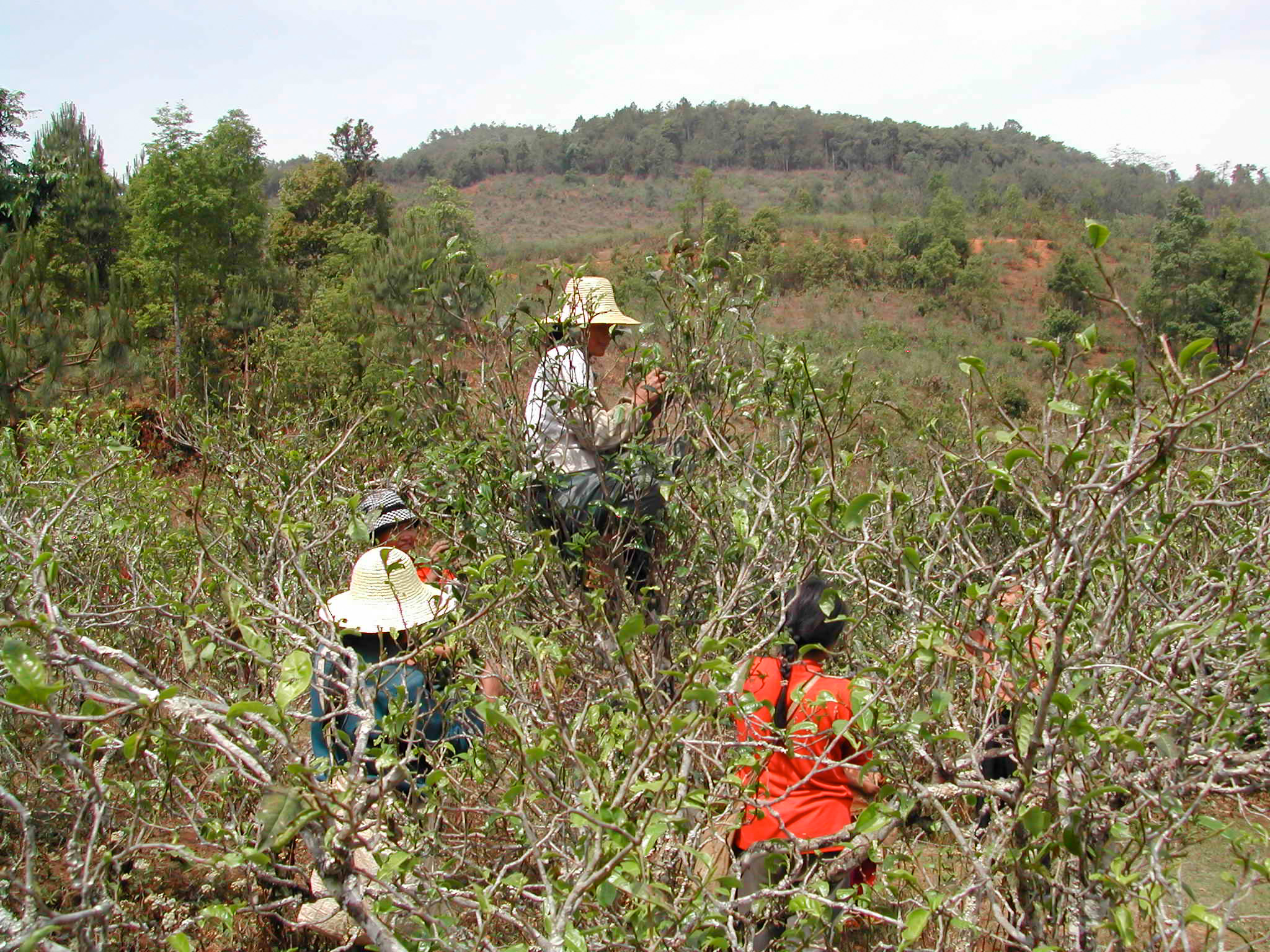
While there are many old tree tea gardens hidden in the forested areas throughout the 18 villages of Mengku Township, most of them have been cut back and now largely resemble terrace tea gardens. However, Xiaohuzhai Village’s tea trees still remain among their natural forest habitat. Resting at 1800 meters in the most remote part of the mountains in Mengku, it is the largest garden of mature tea trees remaining in the region. These trees grow into a full shape that reaches over 2 meters (6.5 feet) in height, and often have a trunk diameter of over 10 cm (4 inches). Many are estimated to be over 200 years old. Mengku is well known among tea plant scientists for its large leaf tea plants and these plants are excellent examples as such. Xiaohuzhai is not far from the famous Bingdao village, which produces some of the most expensive puer tea in the world.
Xiaohuzhai Village and the surrounding area have a subtropical monsoon climate. The soil mainly consists of rich red and yellow loam with glittery mica sand.
Processing sheng puer in the mountains
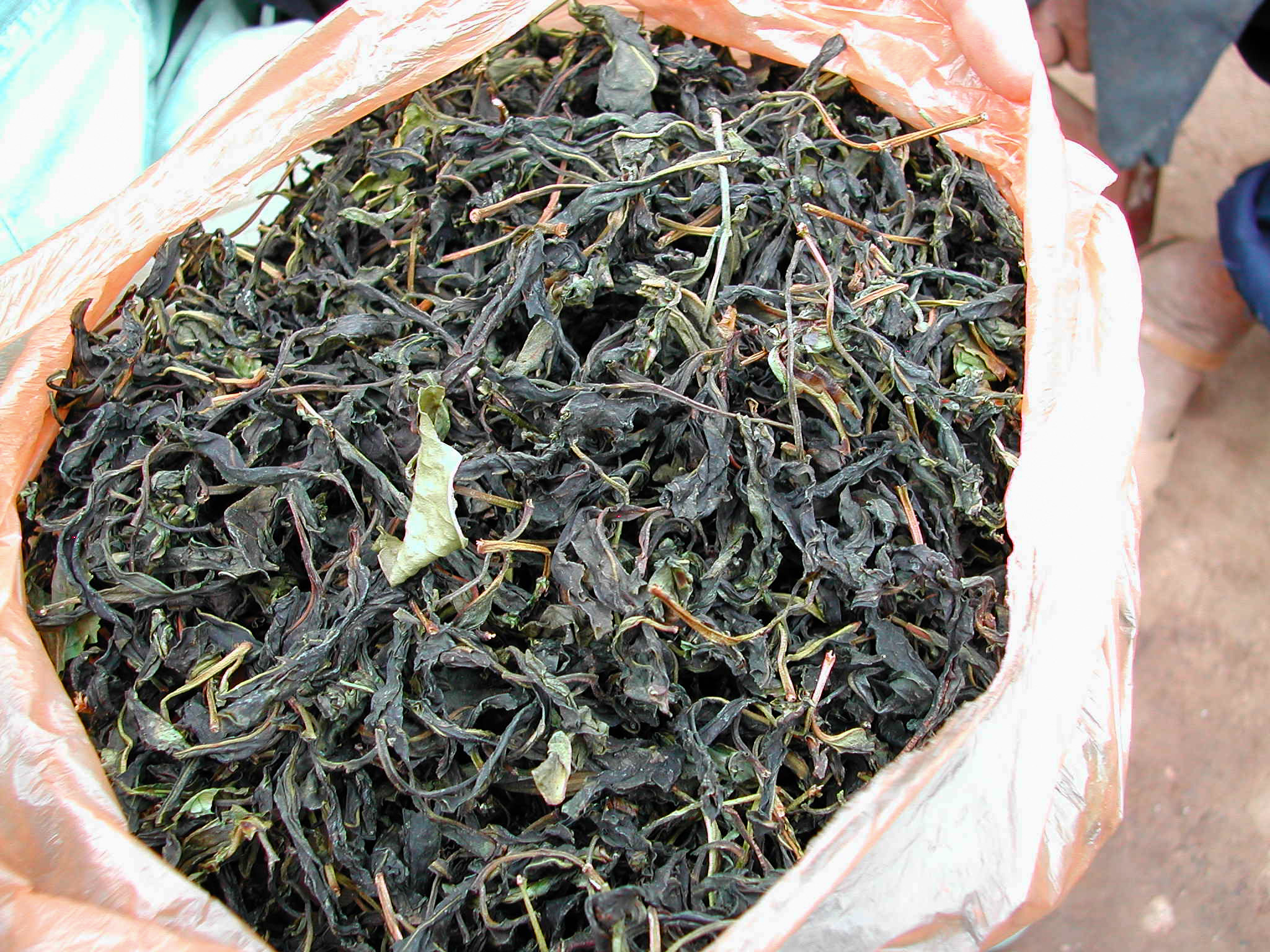
Fresh sprigs with one bud and two leaves are harvested in early April. The leaves are fried by hand, kneaded into long twisted strips, and then laid out to dry in a sunroom that protects the tea from rain and animals while it dries in the natural light over 8-10 hours. Unwanted sprigs and large untwisted leaves are removed from the mao cha.
To make this tea, 200 grams of sorted mao cha is measured out at a time and steamed for about 5 seconds to soften the leaves. Once softened, the loose mao cha can be compressed into a compact cake. The cake will be allowed to naturally air-dry over about 5 days before being wrapped in cotton paper.
Hard-to-reach Xiaohuzhai

Historically, very few traders have risked the rugged, narrow mountain roads and the two rivers that flood and block the way with every rain on the way to Xiaohuzhai Village. In fact, Seven Cups was the first foreign tea company to visit the Mengku tea region since World War II. Unlike in many other more accessible villages in the region, where old tea trees were cleared to make room for more profitable crops, Xiaohuzhai’s extreme isolation meant it had no one to sell to and no incentive to cut down these old trees.
Now that conditions have improved, the quality of Xiaohuzhai’s tea made from old-growth forest trees has become sought after; as a result, the income for farmers here has significantly increased. This has enabled the construction of new buildings and provided an improved learning environment for the school and general improved welfare for the people living here. Unlike the other villages in this region, Xiaohuzhai’s residents primarily belong to Yunnan’s Lahu ethnic minority, making up about 70% of village households.
No chemical fertilizer, pesticide, or herbicide was used in the production of this tea. Click here to read more about our promise to fair trade and the environment.
Total cake weight may vary due to the gradual moisture loss with aging.
Full Stack Discount
This puer cake traditionally comes in a stacked tong of 5 cakes tightly wrapped in bamboo for transport and storage. If you’re looking to buy in bulk, tongs of Xiaohuzhai are available to you at a 5% discount in their original bamboo packaging. To get this full tong discount, add the five (5) Xiaohuzhai cakes to your cart, then click the 5% discount coupon that appears on the bottom of the cart page (or the top of the checkout page).
The bamboo wrapping of the tong protects the tea cakes from breakage and insulates them from external odors and excess moisture while remaining breathable. To open a tong, untuck the ends of each individual bamboo tie from the loop below it, then untwist the two ends from each other. The single knot in the tie can then be undone. Then it will easily loosen and come unwound from the tong. Your individually paper-wrapped puer cakes will be inside.

